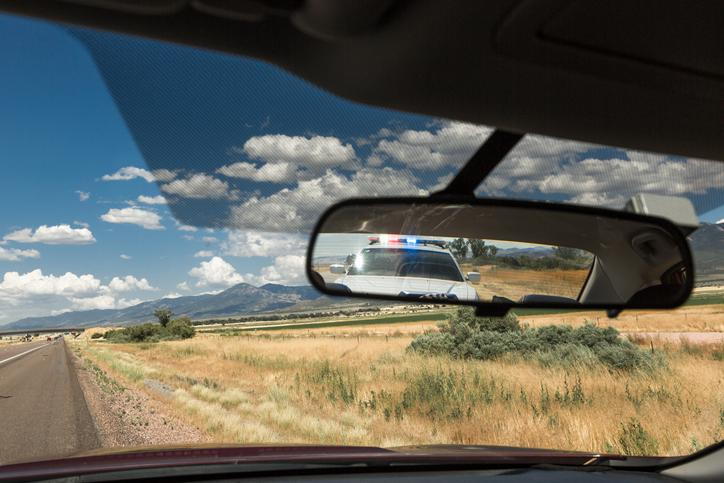
As a driver in Pennsylvania, you have certain rights protected by the Fourth Amendment of the U.S. Constitution, which safeguards against unreasonable searches and seizures. While the state generally follows federal guidelines, Pennsylvania law actually offers even stronger protections for your vehicle in some situations. Every driver should know their rights and how to assert them if pulled over by police.
The police can search your vehicle legally only if they have probable cause. This means they must have a reasonable belief that evidence of a crime is present in your car. However, simply having probable cause isn't enough in Pennsylvania. Thanks to the landmark case of Commonwealth v. Alexander, officers generally need a warrant to conduct a search. This means a judge must review the evidence and officially authorize the search in advance.
There are a few exceptions to the warrant requirement. If the police see illegal objects in plain view — like drugs or weapons on the car seats or floors — they can seize them without a warrant. Additionally, exigent circumstances may justify a warrantless search. This applies in situations where there's a risk of immediate danger, such as the officer fearing there are weapons in the car or believing evidence is being destroyed.
Very often, police will try to avoid legal restraints on searches by simply seeking the driver’s consent. It's important to understand that if police ask to search your vehicle, you have the right to refuse. Officers may try to convince you that consenting is quicker or easier, but this is simply not true. In fact, consenting to a search weakens your legal position and allows the police to uncover evidence they wouldn't have found otherwise.
Here's what you should do if police ask to search your vehicle:
Politely but firmly decline the search — Don't feel pressured by the officer's tone or suggestions.
Do not answer questions about what might be in your vehicle — Your silence cannot be used against you in court. Conversely, any answers you provide can give police more grounds to search.
Request the opportunity to call a lawyer — You have the right to legal counsel. You should ask to make a call at the scene. A lawyer can advise you on what you should and should not do.
By understanding your rights and asserting them respectfully, you can help protect yourself from unlawful searches and potential criminal charges. If the police do arrest you and you have not yet spoken with a Pennsylvania criminal defense lawyer, do so at the first possible opportunity.
Phil DiLucente & Associates, LLC defends individuals in felony, misdemeanor and summary charges in criminal cases throughout the Pittsburgh area. Please call 1.800.GET.PHIL or contact us online for a free initial consultation.
Contact Us
Please fill out the form below and our attorney will contact you.
Map & Directions
Pittsburgh Office
310 Grant St., Suite 1801
Pittsburgh, Pennsylvania 15219



